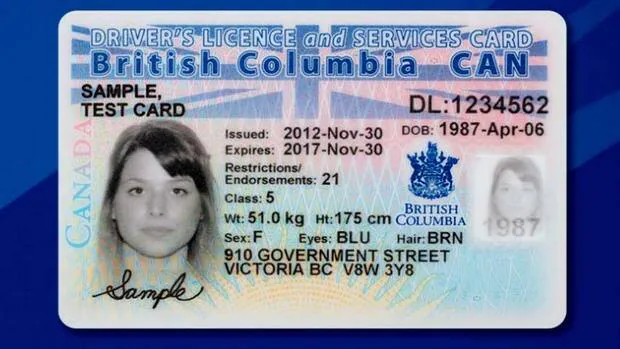
An arrest for DUI (Driving under the BRITISH COLUMBIA FAKE DRIVING LICENSE) in Florida is not an uncommon occurrence. A 2009 study by the Century Council found that roughly 53,000 men, women and minors under 21 were arrested for DUI in Florida. In 2009, there were 770 drunk driving accidents that resulted in fatalities. This figure does not include the hundreds of accidents resulting in serious bodily injury and property damage.
Given Florida’s high rate of drunk driving and the serious damage it can produce, it is not surprising that Florida’s Legislature has put in place consequences to ensure that the offense is not taken lightly. The Department of Highway Safety and Motor Vehicles (DHSMV) is responsible for handling the administrative aspect of a DUI arrest, namely the license suspension. After a DUI suspect fails the breathalyzer test or refuses to take the test, the arresting officer will immediately confiscate their license. This is done even before the guilt or innocence of the driver is determined in criminal court.
Many people arrested for a DUI offense are deeply concerned with the fate of their driver’s license. Since people rely heavily on automobiles to commute to work, school and to perform necessary tasks for dependent family members, the loss of a driver’s license for any period of time is unthinkable for many. Fortunately, there are official processes that may be used to avoid an administrative license suspension or obtain a special limited license in the event of a criminal conviction.
After an arrest for DUI, a person has 10 days to challenge their administrative driver’s license suspension with the Florida DHSMV in writing. Law enforcement officers are required to explain this fact to those arrested for DUI, but it can be easily forgotten with the shock and confusion of the arrest. Note that this option is not available for a Commercial Driver’s License (CDL), though CDL holders may still challenge the administrative suspension of a non-commercial driver’s license.
The Florida DHSMV will schedule a formal hearing within 30 days after receiving the request to challenge the license suspension. This hearing is administrative in nature and is distinct from the criminal hearing. This hearing determines if an individual can keep their driving privileges, and if these privileges should have limitations. This is done by determining if the arresting officer had probable cause to stop the driver, examining whether the officer properly advised the alleged offender of the suspension for refusal or failure to pass an intoxication test, and reviewing the results of the blood or breath tests.
Many people facing this complex situation choose to hire an experienced DUI attorney. A competent criminal defense attorney can help a person through both the criminal and administrative aspects of the case. In fact, it is often advisable for the attorney to represent their client in the administrative hearing as well. During the administrative license suspension hearing, the prosecutor is not present, which can be beneficial to a person’s defense. Certain information may also be revealed in the administrative hearing that can prove useful during the criminal trial, especially details from uncoached witnesses or the arresting officer.